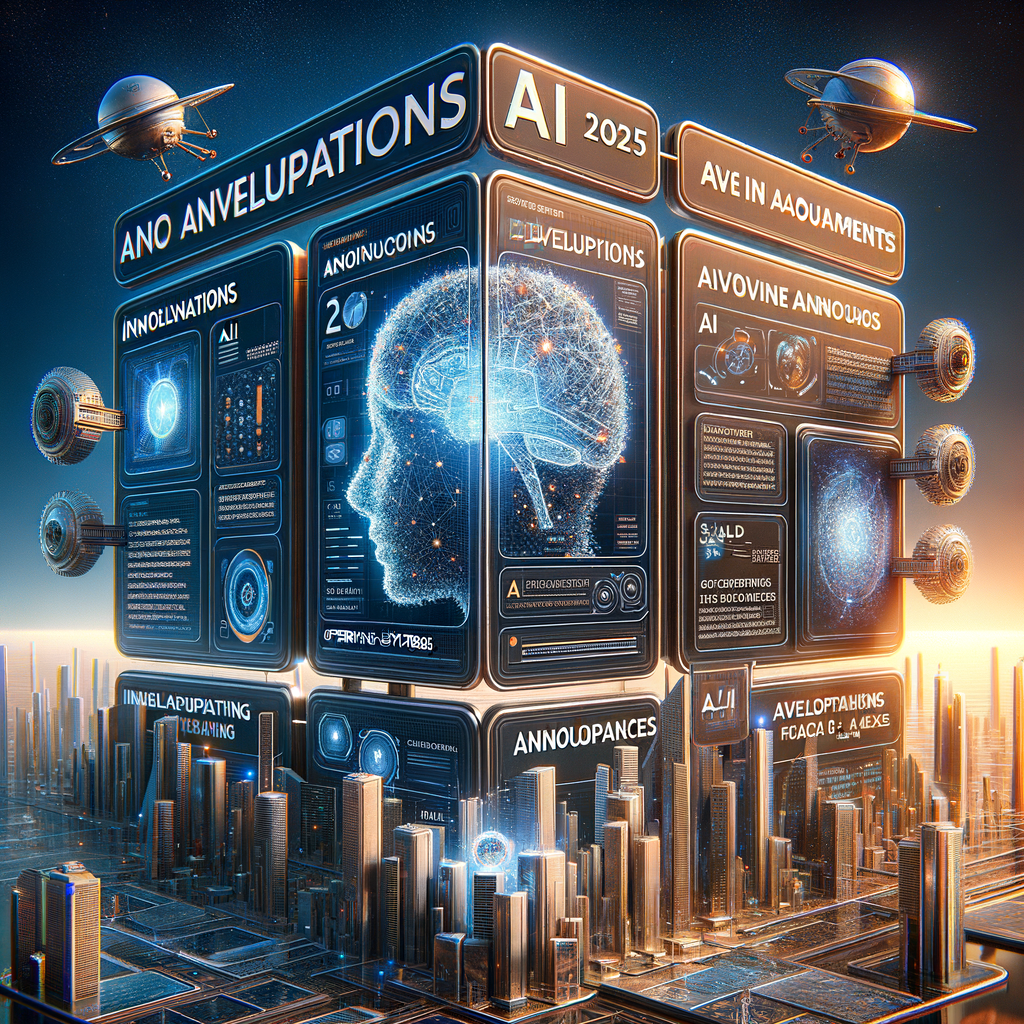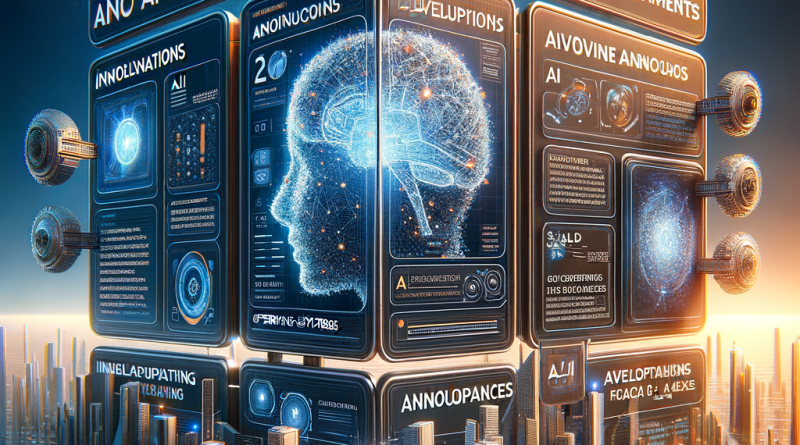“AI in 2025: Trends, Challenges, and Innovations Transforming Business”

“`html
Unveiling the State of AI in 2025: Surprising Trends and Insights
The year 2025 stands as a pivotal point in the trajectory of artificial intelligence (AI). Companies across industries are navigating the complexities of AI adoption, innovative new tools, and evolving partnerships, making this a critical time to assess where we truly stand. Here’s a closer look at the state of AI as detailed in recent reports and announcements.
Microsoft and OpenAI: A Shifting Relationship
After years of exclusive collaboration, OpenAI and Microsoft have reorganized their partnership dynamics. While Microsoft remains a key partner, it no longer holds exclusivity for OpenAI’s cloud services. Speculation suggests that Microsoft’s recent moves, such as hiring Mustafa Suleyman (co-founder of DeepMind and Inflection AI) to lead its AI division and launching proprietary projects such as MAI-1, have contributed to this shift.
- MAI-1, Microsoft’s AI model, shows potential capabilities like near-infinite memory, marking it as a noteworthy competitor to OpenAI’s ChatGPT.
- Despite the redefined partnership, Microsoft retains “right of first refusal” for OpenAI’s cloud needs and intellectual property.
AI Adoption: Still a Work in Progress
A survey conducted by Vellum reveals that only 25.1% of organizations have successfully implemented AI in production. The remaining majority are either engaging in proofs of concept (21%), beta testing (14%), or even earlier strategy-definition stages (25%). Such statistics underscore that the road to AI widespread adoption remains a winding one.
Most popular AI applications:
- Document Parsing: Leading with 59.7% adoption.
- Customer Service Chatbots: Following closely at 51.4%.
- Research and Compliance Automation: Relatively less popular at 23.7% and 15% respectively.
Obstacles and Aspirations
Companies continue wrestling with significant challenges in their AI journeys:
- 57.4% face issues with “AI hallucinations”: Outputs where AI produces convincing but incorrect data.
- 42.5% find it difficult to prioritize use cases: They struggle to identify high-impact opportunities.
- Only 38% utilize automated evaluation tools: Indicates room for improvement in assessing AI systems effectively.
Looking ahead, 41.9% of companies plan to invest in upskilling their employees to align with their AI ambitions, signifying a growing focus on long-term capability building.
Innovative Announcements and Developments
2025 has ushered in exciting launches and updates from tech titans:
- OpenAI: Plans to release “Operator,” a browser-integrable tool that aims to amplify productivity by delegating tasks to AI-based agents.
- Samsung: Introduced Gemini-powered Galaxy S25 smartphones with advanced capabilities like background noise removal and cross-app voice commands.
- DeepMind’s Project Astra: Expected to launch AI-powered consumer agents by the end of the year.
The Future of AI in Business
As enterprises strive to harness the potential of AI, one takeaway is clear: the journey involves as much human strategy as technological advancement. Training, strategy alignment, and effective tools are pivotal to transform theoretical capabilities into practical business outcomes.
“2025 may be the year where the AI bandwagon leaves experimentation behind and begins delivering measurable impact.”
“`
